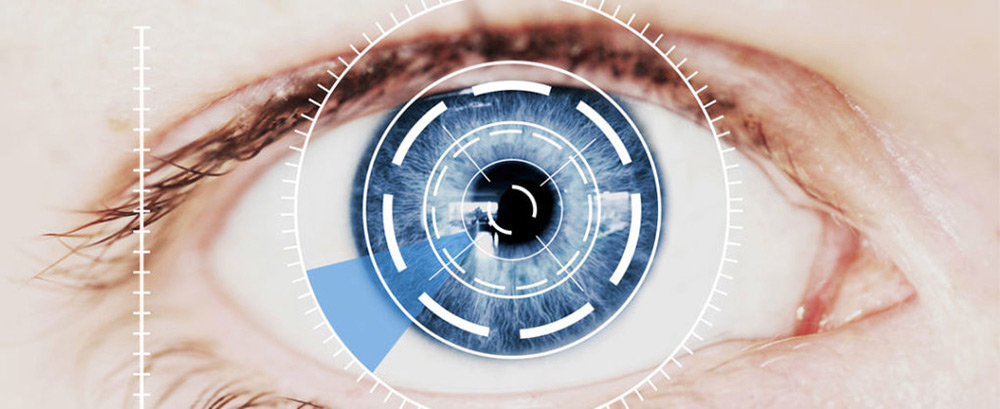Neuro-Ophthalmology

Neuro-Ophthalmology is the specialty that is concerned with visual symptoms resulting from brain diseases. The visual symptoms can be divided into visual loss, or problems with eye movements. Visual loss may result from problems within the optic nerve or its connections to the visual portions of the brain. The eye is like a camera, and images are focused on the retina. The optic nerve is the cable that takes these images to the brain. There are several parts of the brain that are involved with precise control of eye movements. Difficulty within these regions often produces misalignment of the eyes with resultant double vision. Any of several processes may affect the optic nerve or its connections; including strokes, inflammation, multiple sclerosis or tumors.
Neuro-Ophthalmologists are physicians involved in the field of neuro-ophthalmology. Neuro-Ophthalmologists have completed medical school, and either a neurology or ophthalmology residency, followed by a neuro-ophthalmology fellowship.
- Abnormal Eye Movements
- Anisocoria
- Anterior Ischemic Optic Neuropathy
- Blepharoplasty
- Blepharospasm
- Cerebrovascular Disorder Involving Vision
- Cosmetic Surgery of the Face
- Diplopia
- Drusen
- Dry Eye Syndrome
- Eye Abnormalities
- Eyelid Myokymia
- Genetic Abnormalities
- Genetic Abnormalities Causing Neuro-Ophthalmologic Problems
- Giant Cell Arteritis
- Graves’ Disease
- Hemifacial Spasm (Including Botulinum Injections)
- Homonymous Hemianopia
- Idiopathic Intracranial Hypertension
- Loss of Vision
- Meniere’s Disease
- Migraine
- Myasthenia Gravis
- Neuroimaging of the Brain and Orbits
- Neurologic Causes of Visual Loss
- Non-Arteritic Anterior Ischemic Optic Neuropathy
- Ocular Plastics
- Optic Nerve Disease
- Optic Neuritis
- Optic Neuropathy
- Paraneoplastic Disorders (Including Paraneoplastic Retinopathies And Optic Neuropathies)
- Photophobia
- Pituitary Tumor
- Progressive Supranuclear Palsy
- Pupillary Abnormalities
- Transient Visual Loss
- Tumors Involving Vision
- Unequal Pupil Size
- Unexplained Visual Loss
- Visual Disturbances
- Visual Field Loss
- Visual Loss Due To Optic Nerve Conditions
- Von Hippel-Lindau (Vhl)
